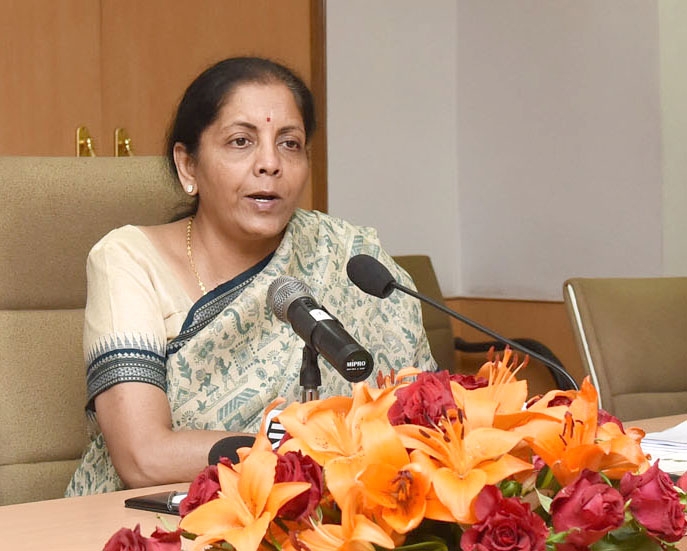On Sunday, World Food Safety Day, two UN specialised agencies highlighted that eating contaminated food has caused an estimated 600 million people in the world to fall ill. Of this a whopping 4,20,000 people die every year.
Food and Agriculture Organisation, FAO, and the World Health Organisation, WHO, flagged that “food safety is a shared responsibility” with a role for everyone to play, from governments, industry and producers to business operators and consumers.
The COVID-19 pandemic has also shined a spotlight on the importance of monitoring and addressing food safety, about adapting food safety systems to respond to supply chain disruptions and ensuring the continued access to safe food.
The Head of FAO’s Food Safety and Quality Unit attested that in these challenging times, this year’s motto – food safety is everybody’s business – is “more pertinent than ever.”

“No matter what else is going on, every single person still needs safe food every day”, said Markus Lipp of FAO. “We cannot let up in our vigilance to ensure that our food is safe.”
Safe food is not only critical to better health and food security, but also for livelihoods, economic development, trade and the international reputation of every country.
“Millions of people around the world depend on international trade for their food security and livelihoods,” the heads of FAO, QU Dongyu, WHO, Tedros Adhanom Ghebreyesus, and Roberto Azevedo, the World Trade Organisation, WTO, said in a joint statement.
“As countries move to enact measures aiming to halt the accelerating COVID-19 pandemic, care must be taken to minimise potential impacts on the food supply or unintended consequences on global trade and food security.”
“Improving hygiene practices in the food and agricultural sectors helps to reduce the emergence and spread of antimicrobial resistance along the food chain and in the environment,” they explained.
Emphasising the need for better data to understand the far-reaching impacts of unsafe food, WHO and FAO upheld that an investment in consumer food safety education has the potential to reduce foodborne disease and return savings of up to ten-fold for each dollar provided.
To improve food safety, WHO advocates for different governmental departments and agencies – encompassing public health, agriculture, education and trade – to collaborate with each other as well as to engage civil society, including consumer groups.
To help ensure food safety and quality control, systems must be strengthened at national, regional and international levels, says FAO.
The second World Food Safety Day is celebrated on 7th June 2020 to draw attention and inspire action to help prevent, detect and manage foodborne risks, contributing to food security, human health, economic prosperity, agriculture, market access, tourism and sustainable development.
Read More: Processed food and how it impacts your health
Also Read: Saudi Arabia Pins Hopes On India For Food Security
Also Read:








